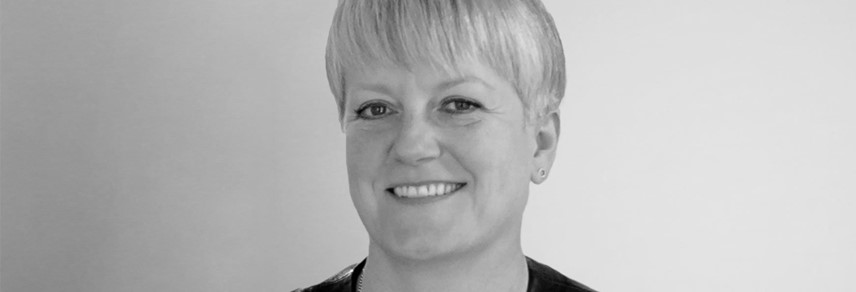
‘IS INTERNATIONAL WOMEN’S DAY IMPORTANT?’: FIVE MINUTES WITH CHANTAL BOWMAN-BOYLES
Chantal Bowman-Boyles, managing partner at Finn Partners, was a panelist on the agency's International Women's Day webinar that took place last week. With thirty years of experience in PR and communications, Chantal reflects on how far the industry has come, and what still needs to be done.
What did Finn Partners' Women's Day webinar involve?
We had a panel of six senior women at Finn who spoke about their experiences in the industry and shared their ideas on how gender equity can be improved. We were given the opportunity to prepare our answers to some questions, and later answered questions from an international audience.
The webinar ended up feeling very conversational, which was apt because one of the issues raised throughout was how we need to be making time for conversations about gender and diversity day-to-day. We had an excellent turnout and good questions during the webinar.
One of the questions posed was ‘is international women’s day important?’ The answer was ‘absolutely, yes’, because although Finn – for example – is 70% female, we still don’t have equity for women across the world and there’s still so much work to do.
How have you seen the PR and communications industry evolve and change throughout your career?
As senior members at Finn, our webinar panellists brought a lot of experience to the discussion. For me personally, I think the communications industry has definitely changed; for a long time communications and marketing have been considered ‘soft skills’ because women are considered to be more empathetic and people-orientated, and there were always more opportunities for women in these areas.
However, when I started out, typically, the people doing the work were women, and the people managing the businesses were men. I think that has changed quite a lot over the years that I have been in the industry. There are loads of female managing directors and heads of practice, and the industry is seen as more of a strategic tool than it used to be. I think there is more of a serious consideration of what the PR and communications impact might be at the decision-making level. There’s more acceptance by company leadership that reputational impact must be serious considered.
Also, the working environment has changed hugely, which is something I addressed during the webinar. When I started out – only around thirty years ago - women couldn’t even wear trousers in the office! We changed this while I was there, however.
We have seen further, huge changes to the work environment in recent years. Was the impact of hybrid working raised during the webinar?
Definitely. The greater flexibility - which COVID has accelerated - has been fully adopted by Finn. It means that, specifically for women with children, you have the flexibility to fit things like the school run into your work schedule.
This flexibility has taken a lot of pressure off people who are parents, especially those with young children.
What do you think Finn Partners can to do to improve gender equity?
We need to proactively seek-out, coach and hire people from different backgrounds. Finn has excellent inclusion rates across the agency, but not at leadership level. So, it is about looking at who we can coach, and who we can attract and bring-on.
We need to concentrate on how to attract the right candidates and how to make sure we’re having the right conversations. We need to make sure our own unconscious biases are not getting in the way of important decision-making, and are not preventing conversations about what we can do better, to ensure the next generation of women has everything it needs to be successful.
What changes would you like to see from the industry more broadly?
The most important thing we can do is understand that what we might need – or did need, when we started out – is not necessarily the same as what everyone else needs. We are lucky, because the ‘simpler’ questions about getting more numbers of women into the industry have been answered. But the harder stuff is where we now need to focus.
So, 19% of our workforce is from a diverse background, but is that 19% feeling fully included? Do those people feel as though they have the same opportunities as the other 81%? For me, it’s about really stopping to think about what each individual needs and how they can be supported.
In order to do this, we need to prioritise listening. The most important thing in communications is listening, and that’s as true of our workforce as anywhere else. Also, we need to stop making assumptions about what people need. It is integration and inclusion that is important, and making sure that everything is equitable - not just equal.
Did this Women's Day initiative achieve what it set out to do?
Yeah, I feel like it was really, really effective in bringing Finn back to thinking about why we are doing what we’re doing, and how it is impacting other people. We also talked a lot about what we can do better, while acknowledging that we have come a long way as an industry.



